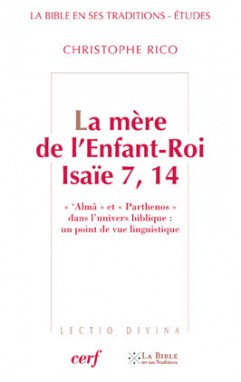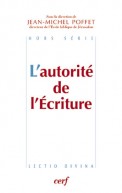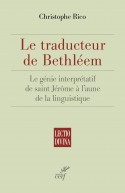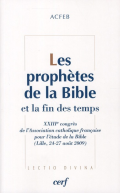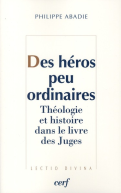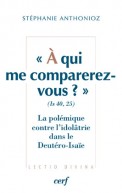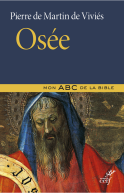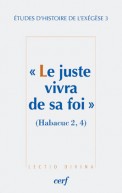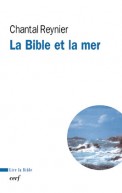Mère de l'Enfant-Roi - Isaïe 7, 14 (La)
Collection Lectio Divina - N° 258
192 pages - avril 2013
22,00€
Jérusalem, vers 735 avant Jésus-Christ. Deux armées menacent la Ville sainte pour renverser la dynastie de David. Achaz, roi de Juda, est rongé par l'anxiété. Le prophète Isaïe délivre alors son oracle : La « 'alm⠻ est enceinte, elle enfante un fils et lui donne le nom d'Emmanuel. Quel est donc le sens du mot « 'alm⠻ ? On a sans doute écrit plus de commentaires sur l'interprétation de ce terme, que sur tout autre verset de l'Ancien Testament. S'agit-il d'une vierge, comme l'ont prétendu les Pères de l'Église, ou d'une jeune fille, selon l'avis de l'ensemble des chercheurs ? La réflexion linguistique et la traduction de sources juives méconnues, parfois inédites, permettent de renouveler le débat sur l'un des textes bibliques les plus controversés.
--
Jerusalem, around 735 B.C. Two armies are threatening the Holy City; they aim to overthrow the dynasty of King David. Ahaz, the king of Judah, is consumed with anxiety. Then the prophet Isaiah delivers his oracle: The ‘'almâ’ is pregnant; she will bear a son and name him Emmanuel. What is the meaning of this word ‘'almâ’? More commentaries have doubtless been penned on the interpretation of this term than on any other verse in the Old Testament. Does it refer to a virgin, as claimed by the Fathers of the Church? Or a young girl, as suggested by most researchers? Here, a linguistic reflection in conjunction with translations of little-known, and sometimes unpublished Jewish sources cast new light on the debate about one of the most controversial texts in the Bible.
--
Jerusalem, around 735 B.C. Two armies are threatening the Holy City; they aim to overthrow the dynasty of King David. Ahaz, the king of Judah, is consumed with anxiety. Then the prophet Isaiah delivers his oracle: The ‘'almâ’ is pregnant; she will bear a son and name him Emmanuel. What is the meaning of this word ‘'almâ’? More commentaries have doubtless been penned on the interpretation of this term than on any other verse in the Old Testament. Does it refer to a virgin, as claimed by the Fathers of the Church? Or a young girl, as suggested by most researchers? Here, a linguistic reflection in conjunction with translations of little-known, and sometimes unpublished Jewish sources cast new light on the debate about one of the most controversial texts in the Bible.
- Dimensions : 135x215x10
- ISBN : 9782204098694
- Poids : 270 grammes
DU MÊME AUTEUR
> VOIR TOUS LES LIVRES DE l'AUTEUR
DANS LA CATÉGORIE EXÉGÈSE BIBLIQUE
Les Prophètes de la Bible et la fin des temps
XXIIIe congrès de l'Asssociation catholique française pour l'étude de la Bible (Lille, 24-27 août 20
d' ACFEB
416 pages - nov. 2010
Des héros peu ordinaires
Théologie et histoire dans le livre des Juges
de Philippe Abadie
208 pages - oct. 2011

